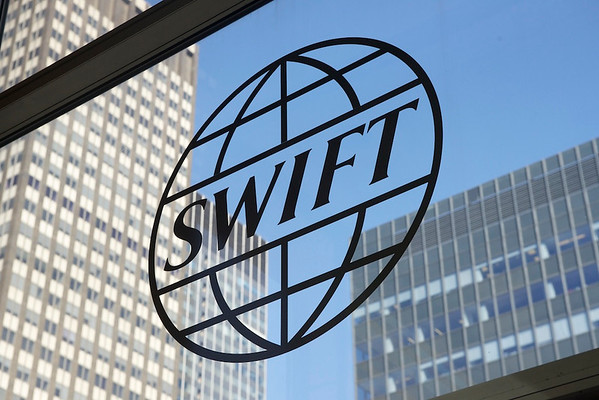
Grygo is the chief content officer for FTF & FTF News.
SWIFT is strongly urging that the industry adopt Unique Transaction Identifiers (UTIs) as a way to bring more transparency to post-trade processing.
The new UTI support would come via the SWIFT Securities View capability, which has had a successful pilot test, dubbed the “SWIFT Securities Tracking Pilot,” according to officials of the financial messaging, systems, and services cooperative.
To remind you, the UTI “alternatively called Unique Swap Identifier … is a globally unique identifier for individual transactions in financial markets. USIs were introduced in late 2012 in the U.S. in the context of Dodd–Frank regulation, where reporting of transactions to Trade Repositories first became mandatory,” according to Wikipedia.
“European financial market regulations followed suit, with reporting to Trade Repositories under EMIR [European Market Infrastructure Regulation] requiring UTIs from February 2014 on. The use of the UTI is also mandatory for regulatory reporting under REMIT [Regulation on Wholesale Energy Markets Integrity and Transparency]. Strictly speaking, the term USI is specific to the U.S. regulation, while UTI is specific to EU regulations,” Wikipedia says, adding that both terms are interchangeable and used by large trading firms that report under E.U. and U.S. regimes. “The UTI/USI is governed by the ISO 23897 standard.”
The recent pilot involved ABN Amro Clearing Bank; BlackRock; BNP Paribas; BNY Mellon; Citi (Securities Services and Global Markets); Credit Suisse; Euroclear; Euronext; HSBC; J.P.Morgan; Northern Trust; Optiver; Pershing; and SEB.
SWIFT Securities View is intended to help firms “identify trades at risk of failing, including early detection of any discrepancies between buy-sell instructions, so they can take pre-emptive action,” according to the official announcement.
“It does so by leveraging an ISO-standard Unique Transaction Identifier that links messages related to the same securities flow, enabling automated tracking of both sides of the transaction by all market participants involved, similar to the tracking of a package via a postal delivery service,” SWIFT officials say.
SWIFT Securities View, slated to be available next year, targets “the lack of visibility after a securities transaction takes place,” officials say.
The problem is that there is no way to track all the steps in a transaction’s lifecycle “across multiple intermediaries, increasing the risk that a security may not be in the right place at the time of completion. This leads to settlement fails that add operational costs of some USD 3 billion a year for the industry as well as regulatory penalties such as those introduced by Central Securities Depository Regulation (CSDR) in Europe earlier this year,” according to SWIFT.
Not surprisingly, SWIFT is pushing for universal adoption of the transaction identifiers to achieve standardized data use “across the post-trade lifecycle. This will bring increased transparency to securities transactions, help reduce risk, and support innovative new services,” according to SWIFT.
“With the rollout of CSDR in Europe and the planned move to T+1 in Asia and the US, it is becoming increasingly important to ensure settlement efficiency and having transactions match and settle on time,” says Jeff King, head of core custody product at Citi Securities Services, in a prepared statement.

SWIFT headquarters
The inclusion of UTIs “within the settlement lifecycle data communication and the adoption of SWIFT’s Securities View Service within the industry facilitates heightened transparency earlier in the settlement lifecycle allowing matching issues to be discovered higher up the settlement chain rather than waiting on matching updates to come back from CSDs and market infrastructures,” King says.
“By seeking to increase transparency and efficiency around settlement, SWIFT’s Securities Tracking Pilot is making an important contribution toward this very goal,” says Edward Monrad, head of market structure, at proprietary trading firm and market maker Optiver, in a prepared statement.
“The UTI has the potential to substantially improve the OTC [over-the-counter] settlement process and reduce costs by allowing parties to a trade to easily find out where and how other parties are instructing in case of mismatches. Optiver is pleased to be participating in this pilot and looks forward to widespread adoption of the UTI,” Monrad says.
The full press release can be found here: https://bwnews.pr/3RowoKk
What do you think? Share your thoughts with us below.
Need a Reprint?